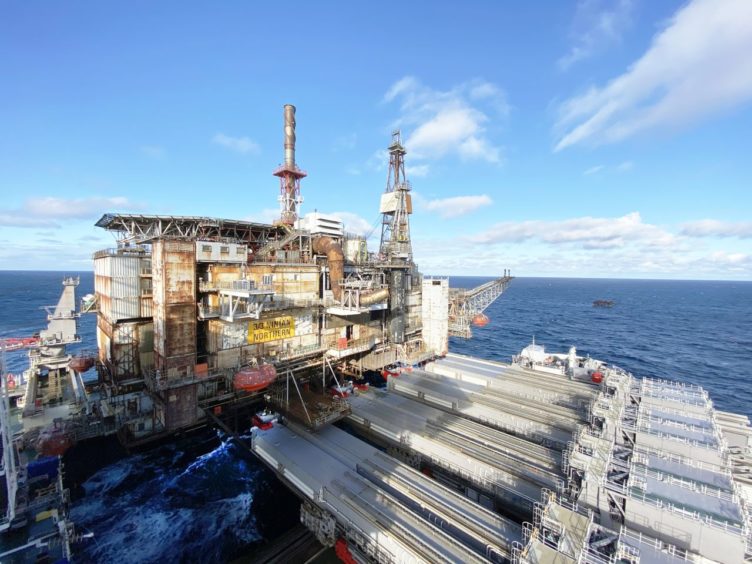
HMRC has boosted projections by £1.1billion for the amount of tax repayments it expects to give oil firms for North Sea decommissioning.
In its annual accounts, released by the National Audit Office (NAO), HMRC said it expects to repay a total of £9.4bn up to 2065, up from a projected £8.3bn estimated in 2018-19.
HMRC said the crash in oil prices from March 2020 have been included, when Brent reached an 18-year low, and the “impact…was to increase the provision due to increased forecast repayments”.
The price crash has seen a number of operators call time on certain oilfields earlier than expected as they became uneconomic.
The “likely impact” of Covid-19 was also included, but the total was partially offset by a “nominal” decrease in overall decom costs.
The £9.4bn figure covers repayment of petroleum revenue tax and offshore corporation tax.
UK legislation allows operators to claim relief against their huge decommissioning costs based on previously paid tax from the fields.
This measure, described as “very legitimate” by Professor Alex Kemp of Aberdeen University, helps them meet the bills – often hundreds of millions of pounds – once the field and its revenue stops producing.
However, the National Audit Office (NAO) has previously raised concern over the burden on the Exchequer, releasing a report last year stating the total bill to the taxpayer would be around £24bn.
That figure, described as “highly uncertain”, also included around £11bn of future revenues the Treasury would need to forgo because huge decommissioning costs would diminish oil firms’ profits.
Last year Shell revealed it paid no tax in the UK due to the measures, which was lamented by climate groups Greenpeace and Global Witness.
However Shell country chair Sinead Lynch said it is “not the full picture”, highlighting that the Brent field alone has generated more than £20bn for UK coffers.
Earlier this year, on whether it was taxpayer or oil firms’ money being used, Oil and Gas Authority (OGA) supply chain director Stuart Payne said “if HMRC says it’s a banana, it’s a banana”.
Uncertainty remains over the PRT and corporation tax payments – the £9.4bn is based on a “central estimate” from the OGA, the NAO said, who have been working to bring down the total bill.
Using a low-case estimate or a high-case would lower the estimate to £7.5bn or raise it to £12.4bn.
The OGA has slashed decom costs by 19% compared to 2017 projections of £59bn.
Over the next decade, Taqa, Respsol Sinopec and Canadian Natural Resources have the largest projected UK decom bills, each over £1.4bn, according to Wood Mackenzie.
